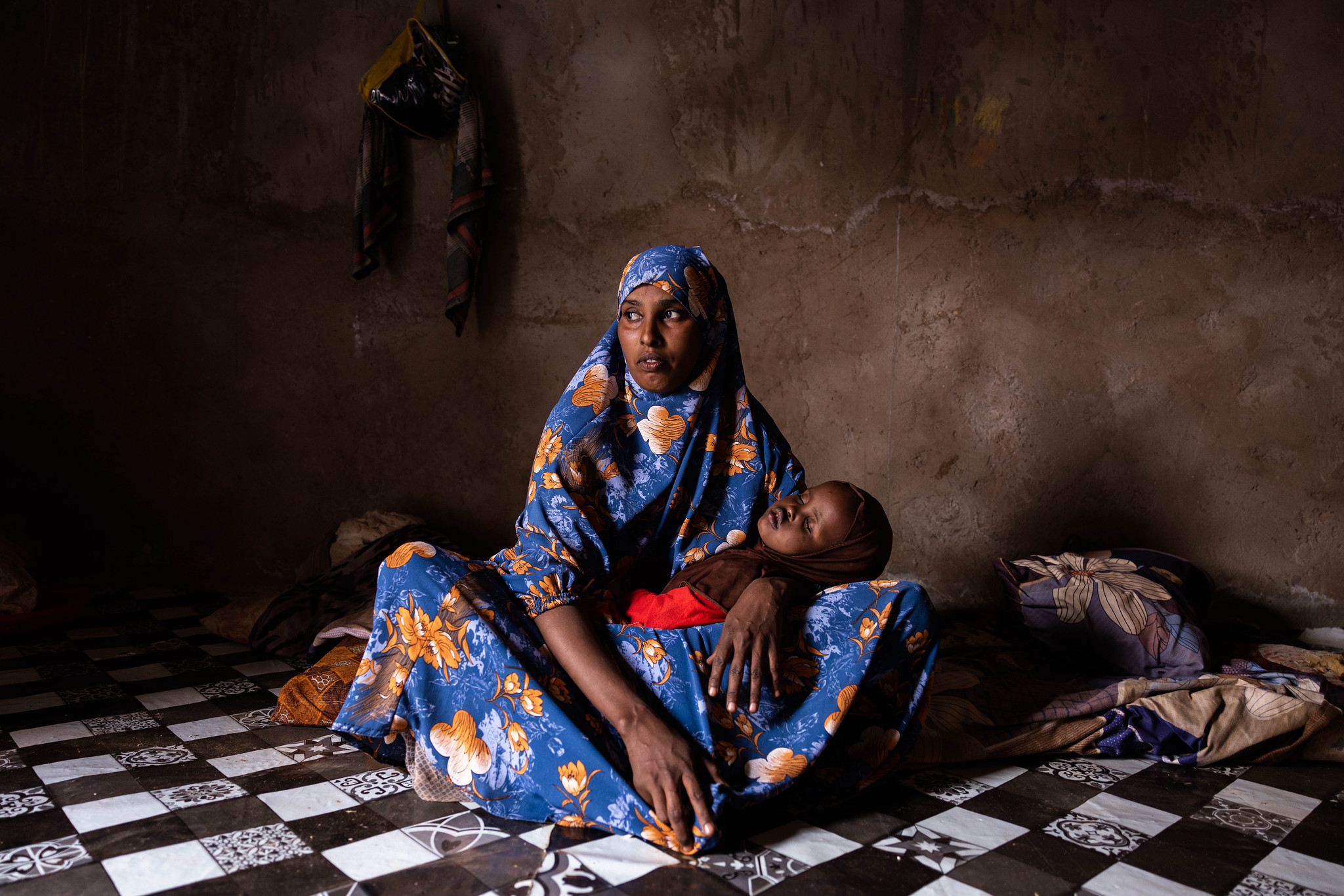Bryan Acheampong, Ghana's Minister of Food and Agriculture, has issued a warning that the effects of climate change might lead to a reduction in food production and worsen food insecurity, poverty, and hunger. Speaking at a conference in Accra, Acheampong noted that the agriculture sector of the nation, which depends on rain-fed irrigation, is susceptible to extended dry spells, floods, and temperature increases, which may cause a drop in the sector's contribution to GDP of between one and 2.5 percent.
The International Water Management Institute and partners organized the two-day sub-Saharan knowledge exchange conference, which included options for funding farmer-led irrigation development in sub-Saharan Africa to meet new concerns, including the climate catastrophe.
While the government has put in place a variety of programs to improve the industry, Acheampong emphasized that further actions are required to meet new problems, notably the climate catastrophe. He emphasized the necessity of utilizing irrigation's ability to deal with the effects of the climate catastrophe and urged ongoing cooperation from companies, development partners, research, academia, and other stakeholders to transform the food system to be more climate resilient.
Dr. Olufunke Cofie, the Country Representative for Ghana and the Regional Representative for West Africa for IWMI, pushed for more funding for farmer-led irrigation systems to help smallholder farmers become more climatically tolerant and to change the food chain to promote nutritious diets.
According to Dr. Cofie, studies have shown that dry season irrigation may more than double farmers' output, but the percentage of land cultivated with irrigation on the continent is just 10%, thus actions should be done to raise it.
With only 2% of the nation's irrigation potential being used, Mr. Lorenzo Carrera, the Sustainable Development Sector Leader at the World Bank office in Ghana, reaffirmed how vulnerable the agricultural sector is to climate variability and change. This has serious productivity implications. The country's ability to withstand extreme weather, increase prospects for output, and improve the livelihoods of smallholder farmers, according to Mr. Carrera, would significantly benefit from investments in irrigation infrastructure and access to dependable water for agriculture.
Around 700,000 smallholder farmers are prepared to adopt small-scale irrigation over the next ten years in order to increase their resistance to the climate catastrophe, according to Ms. Amber Lily Kenny, coordinator for Feed the Future, who observed that the country has a great potential for irrigated vegetable production.










.jpg)